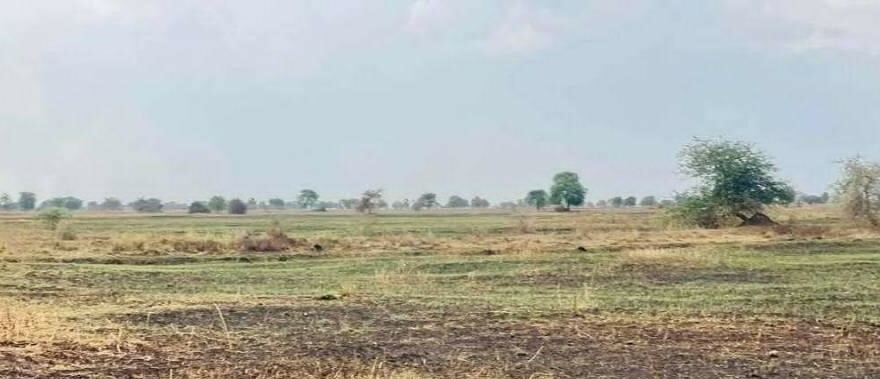The minister of agriculture in South Sudan’s Warrap State on Monday said his ministry plans to revive the Akon South rice scheme in this year’s agricultural season.
The Akon South rice project is an initiative of the state government established in 2011 with the aim of alleviating hunger in the state.
Minister John Deng told Radio Tamazuj said they have visited the project site with the intention of reviving it and assured the people of Warrap State that the rice scheme will be operationalised this year.
“The plan is clear. This year we are going to cultivate that land. It is not a new project, it was established in 2011 and put in use in 2012, but it was not properly managed; then the harvest was not achieved, so I plan to revive it and embark on it immediately,” he said.
Deng further said the scheme has financial constraints but expressed optimism that he will cultivate it.
The state minister appealed to the office of the state governor and the national Ministry of Agriculture to provide both technical and financial support in order to address the challenges.
“I went to the area to acquaint myself with challenges, and I found that the rice scheme needs financial support for me to be able to cultivate it because labourers need money, and the area which is about 2,000 fedans, needs a metallic fence to control pests and bad wishers,” he said.
“And, of course, there is a need for some money to maintain the tractor, so I am optimistic that we will cultivate it,” he added.
Minister John said he had contacted his counterpart in Northern Bahr el Ghazal State and partners to provide rice seeds.
Meanwhile, Gogrial West County Commissioner Victor Wek urged the communities living in the area to protect the project from pests and cattle.
“I went with the state minister of agriculture to assess the rice scheme in Akon South. It was started in 2011 and got stuck somewhere and now the area is good and ready to be cultivated, so I talked to the communities around the rice scheme to protect it,” he concluded.
Despite the huge agricultural potential South Sudan possesses, only about 5 percent of the country’s arable land is reportedly cultivated.




